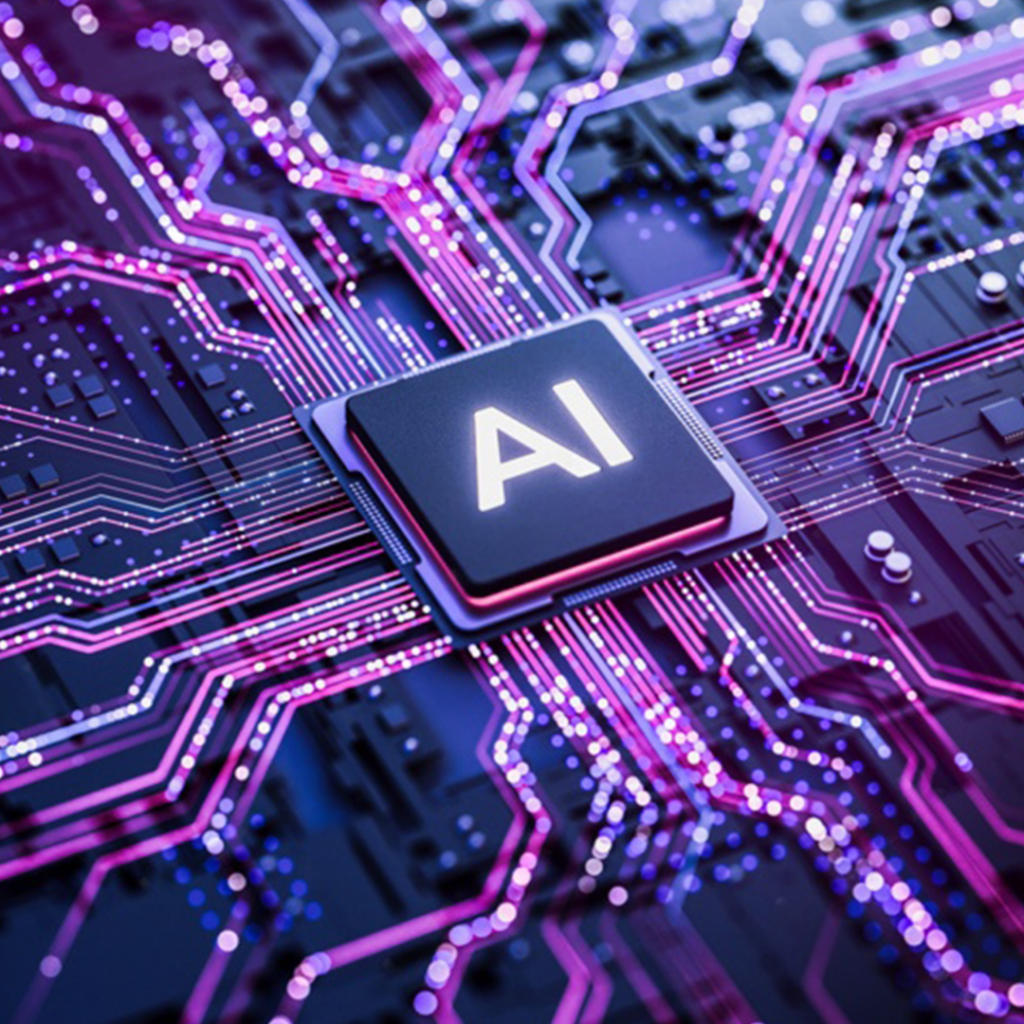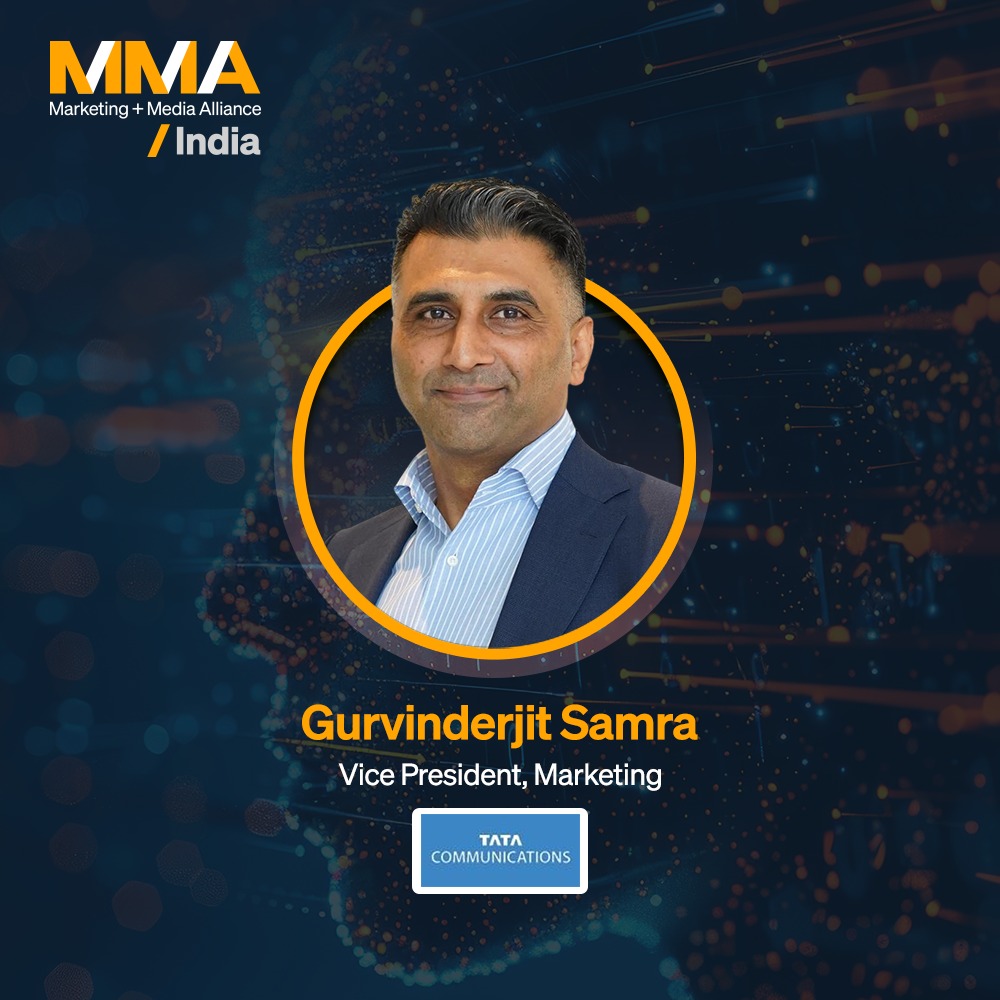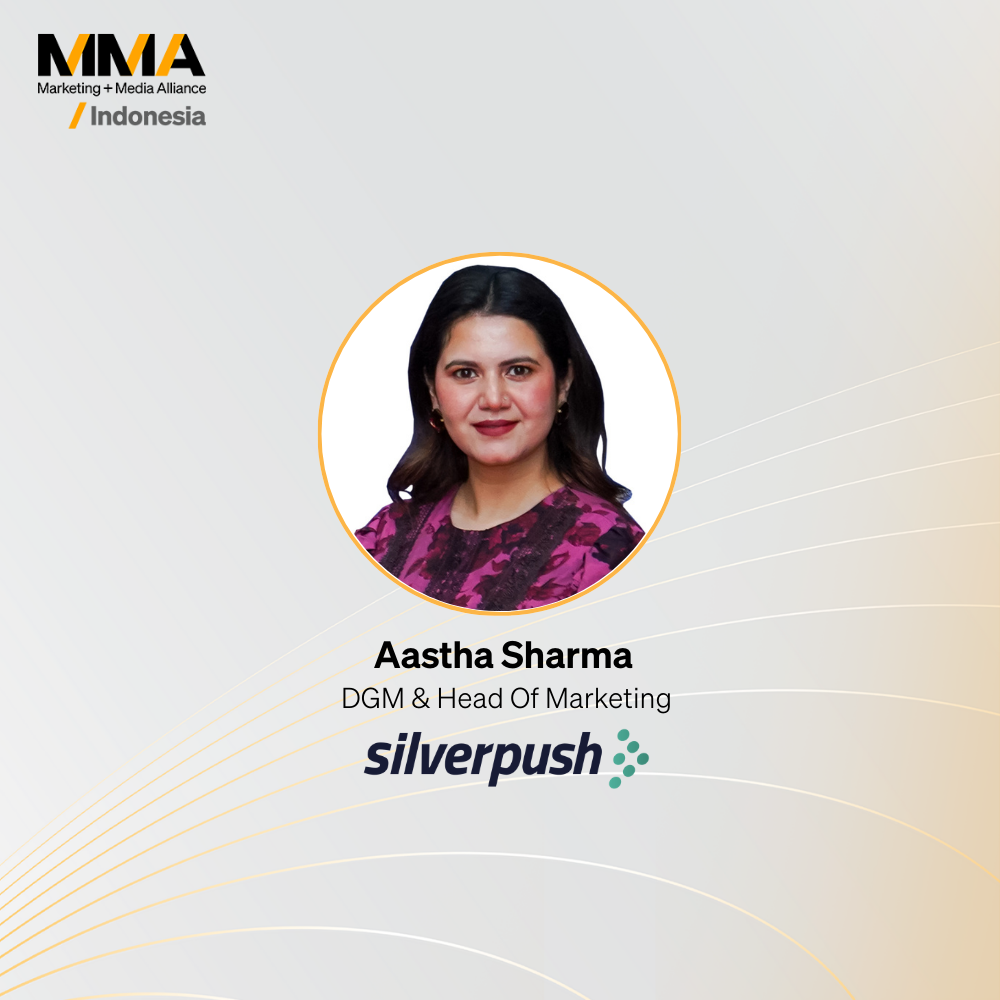
Artificial Intelligence (AI), in its broadest sense, is intelligence exhibited by machines. It is a field of research in computer science that develops and studies methods and software that enable machines to perceive their environment and uses learning and intelligence to take actions that maximize their chances of achieving defined goals. Such machines may be called AIs.
Generative artificial intelligence is artificial intelligence capable of generating text, images, videos, instructions or other data using generative models. GenAI models learn the patterns and structure of their input training data and then generate new data that has similar characteristics.
Today artificial intelligence is ubiquitous and used across all industries and within governments. Day-to-day solutions include uses like one uses like search engines, recommendations on YouTube/Netflix, devices used by speech interaction, automated driving and new entrants like ChatGPT. However, a lot of cutting-edge AI filtered into general applications are not being labeled as AI anymore as that has become useful and common.
When posed “What are the applications for Generative AI within Digital Marketing?”, ChatGPT throws up the following points:
Generative AI can be a powerful tool in digital marketing across various fronts:
- Content Creation: AI can generate engaging and personalized content such as articles, blog posts, social media updates and product descriptions. It can tailor content based on audience demographics, preferences and behavior, leading to more effective communication.
- Ad Creatives: AI can create visually appealing ad creatives, including images, videos and even interactive content. It can generate variations of ad creatives to A/B test and optimize for better performance.
- Email Marketing: Generative AI can assist in crafting personalized email campaigns by generating subject lines, body content and even entire email sequences based on user data and preferences.
- Chatbots and Virtual Assistants: AI-powered chatbots and virtual assistants can engage with customers in real-time, providing assistance, answering queries and even recommending products or services based on user interactions.
- SEO Optimization: AI can analyze search trends and user behavior to generate optimized content for improving search engine rankings. It can also generate meta tags, titles and descriptions to enhance visibility in search results.
- Predictive Analytics: Generative AI can analyze large datasets to predict consumer behavior, market trends and campaign performance. This insight can inform marketing strategies and optimize resource allocation.
- Personalization: By leveraging data on customer preferences, browsing history and purchase behavior, AI can generate personalized product recommendations, offers and promotions tailored to individual users.
- User Experience Enhancement: AI can generate design prototypes and layouts for websites and mobile apps, optimizing user experience based on usability principles and user feedback.
- Content Curation: AI algorithms can curate relevant content from across the web, saving marketers time and effort in finding and sharing valuable content with their audience.
- Social Media Management: AI tools can automate social media posting schedules, analyze engagement metrics and even generate social media posts based on trending topics and audience interests.
Irrespective of the use case, the output effectiveness from GenAI algorithms is directly dependent on the quality and quantity of underlying data needed for learning.
This information is powered by Infomo BEKI– a generative AI-based media buying tool to simplify, automate, optimize, and report. It is a generative AI-driven meta-DSP.
Unlike traditional open internet ecosystems, it has been designed for three stakeholders: Demand (media buyers – agencies/brands/SMEs), Supply (media sellers – digital publishers with a country) and Data Provider(s) – the Telecom Carrier(s).
The key details of the GenAI Algorithms:
Currently Used Framework:
- Transformers-based predictive models (BERT)
- Feedforward NN, XGboost
- KMeans/Agglomerative/DBSCAN, Dimensionality Reduction (PCA, Autoencoders)
LLMs/Models
- Diffusion models
- Llama models
Algorithms
- Page rank
- Degree Centrality, Closeness Centrality, Betweenness Centrality
- Local Clustering Coefficient / Node Clustering Coefficient
- Spatio-Temporal Graph convolution
- Graph NN



















